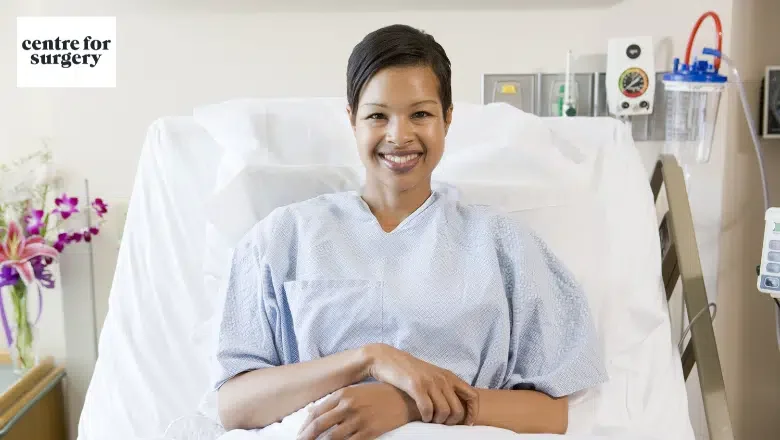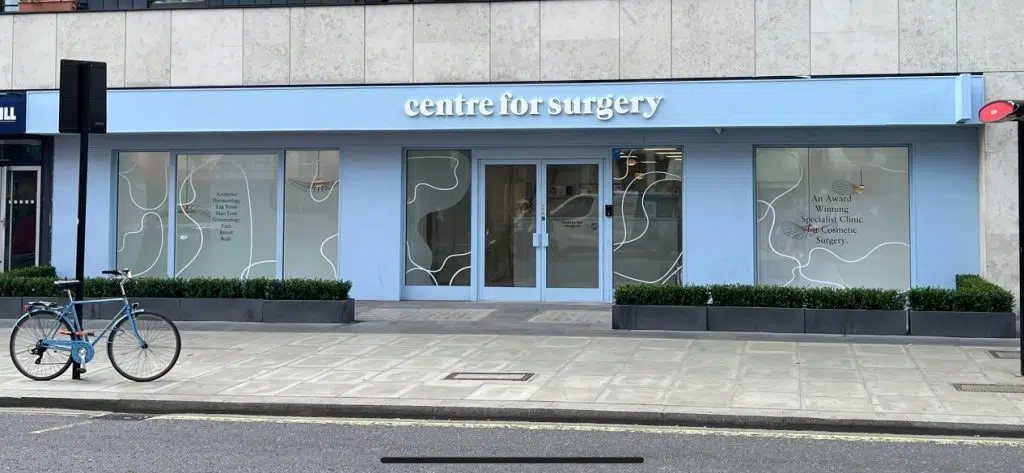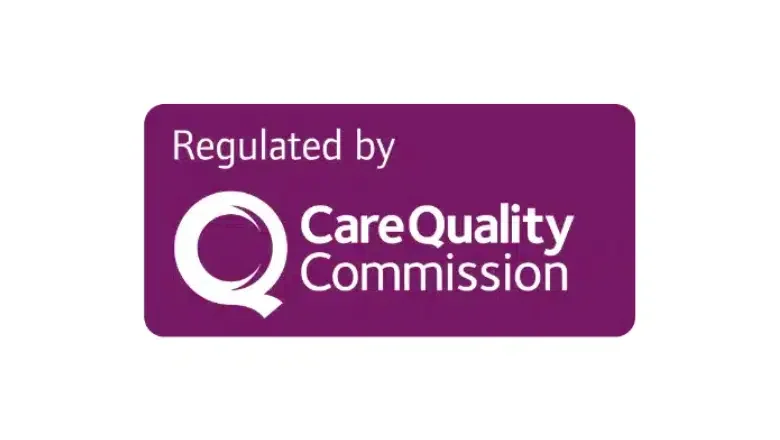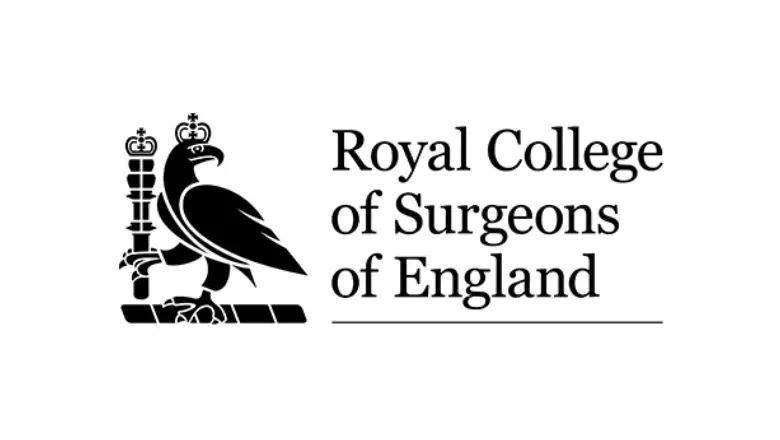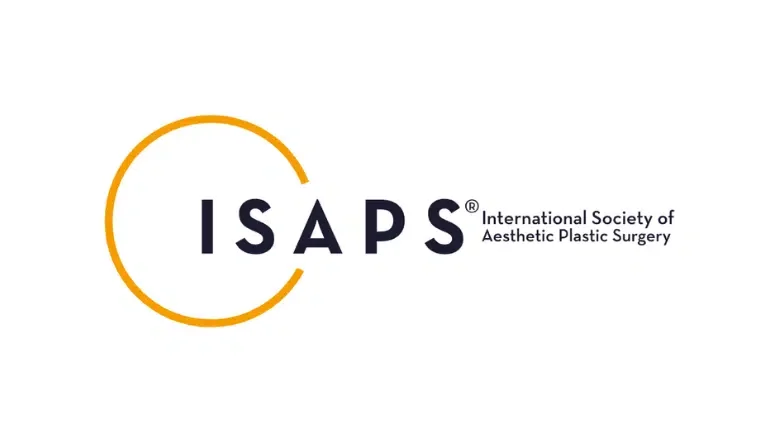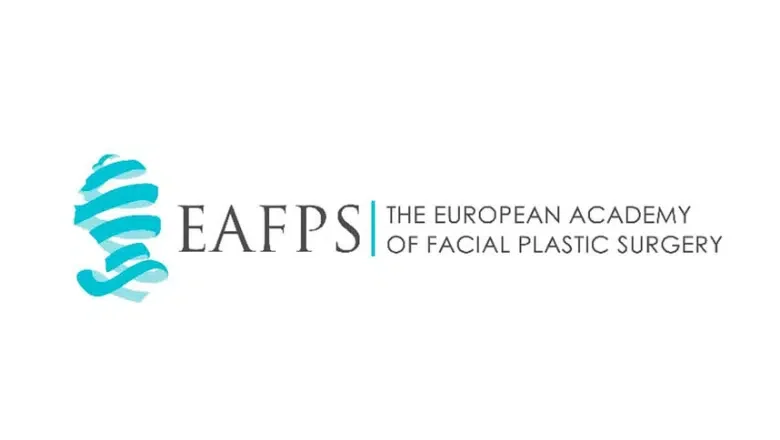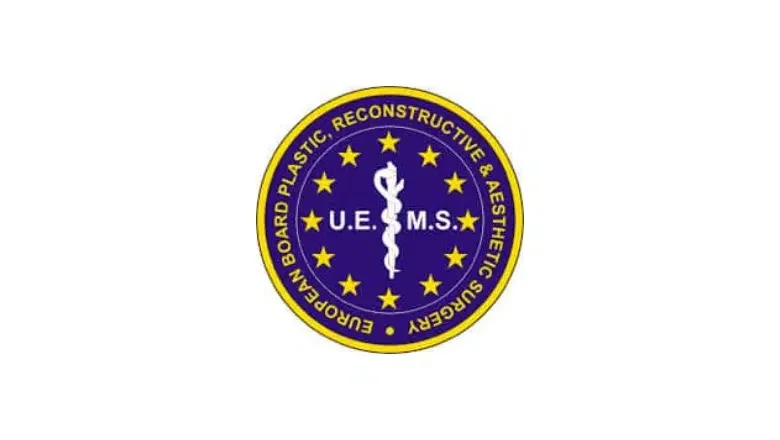Top tips for recovery after Plastic Surgery at Centre for Surgery in London
Once you have been booked for your cosmetic surgery procedure, you’ll be given a detailed information pack, which outlines how to prepare for surgery, as well as how to look after yourself in the postoperative period once you have gone home. The instructions given to you for recovery after cosmetic surgery include the following:
- How to look after your surgical incisions
- Which exercises can be carried out safely
- How to wear your compression garment
- Post-operative medications, which you should take after surgery to minimise the risk of infection
- Which features to be aware of that could signify a potential complication
- How to book follow-up appointments
- Emergency contact numbers during the first 24 hours after surgery for any urgent concerns you may have
RELATED: Risks and Complications of Cosmetic Surgery
Recovery timeline after plastic surgery – read our procedure-specific articles on how to get a smooth recovery after cosmetic surgery
Nose Surgery recovery guide
Face Surgery recovery guides
- Recovery after Eyelid Surgery
- Recovery after Facelift Surgery
- Recovery after Neck Lift Surgery
- Recovery after Chin Liposuction
- Recovery after Chin Surgery
- Recovery after Otoplasty Surgery
Breast Surgery recovery guides
- Recovery after Breast Augmentation Surgery
- Recovery after Breast Lift Surgery
- Recovery after Breast Reduction Surgery
- Recovery after Fat Transfer Breast Augmentation
- Recovery after Breast Implant Removal Surgery
Body Surgery recovery guides
- Recovery after Liposuction
- Recovery after Tummy Tuck – Abdominoplasty Surgery
- Recovery after BBL surgery
- Recovery after Calf Implant Surgery
Post Pregnancy Surgery recovery guide
Post Weight Loss Surgery recovery guides
- Recovery after Arm Lift Surgery
- Recovery after Thigh Lift Surgery
- Recovery After Lower Body Lift Surgery
- Recovery After Full Body Lift Surgery
Cosmetic Gynaecology recovery guides
Male Plastic Surgery recovery guide
Top Surgery recovery guides
- Recovery after MTF Top Surgery – What to Expect
- Recovery after FTM Top Surgery – Top Tips after Breast Removal Surgery
Top tips for the best recovery after cosmetic surgery
Recovering from cosmetic surgery requires some effort, patience, and care. To ensure the best recovery possible, here are some tips:
Follow your surgeon’s postoperative instructions
Your surgeon will provide you with detailed instructions on how to care for your incision sites, manage your symptoms, and when to return for follow-up appointments.
Rest and take it easy
Giving your body time to heal is important. You should avoid any strenuous activities or heavy lifting for a period of time, as advised by your surgeon.
Stay Hydrated
Drinking plenty of water can help to reduce swelling and promote healing.
Eat a balanced diet
Eating a diet that is rich in nutrients and protein can help to support the healing process.
Wear compression garments
Your surgeon may recommend that you wear compression garments to help reduce swelling and support the healing process.
Avoid smoking
Smoking can cause poor healing, so it’s important to quit smoking or avoid smoking for at least a few weeks before and after the surgery.
Keep your follow-up appointments
It’s important to keep all scheduled follow-up appointments with your surgeon to ensure that you are healing properly.
Get enough sleep
Adequate sleep is crucial for recovery, as it helps your body repair and rejuvenate.
RELATED: How to Sleep After Cosmetic Surgery
- Avoid sun exposure: Exposure to the sun can cause hyperpigmentation, scarring, and can delay the healing process.
- Be patient: It’s important to be patient and understand that recovery can take time. You may not see the final results of your surgery for several months.
How to reduce Bruising and Swelling after Cosmetic Surgery
Bruising and swelling are common side effects after undergoing cosmetic surgery. They’re a normal part of the body’s healing process, but the extent can vary depending on the specific procedure performed, the individual’s healing abilities, and the surgeon’s techniques.
Bruising occurs when blood vessels are disrupted during surgery, causing blood to leak into the surrounding tissue and manifesting as discolouration on the skin. The colours can range from dark purple or black immediately after the procedure, gradually changing to green and yellow as the body breaks down and reabsorbs the blood.
Swelling is the body’s natural response to trauma. After cosmetic surgery, the body sends additional blood and fluids to the operated area to aid in the healing process, which results in puffiness or swelling.
Here are some general tips for managing bruising and swelling after cosmetic surgery:
Rest and Elevation
Rest is crucial to speed up the healing process. For procedures involving the face or nose, try to sleep with your head slightly elevated to reduce swelling.
Cold Compress
Applying cold packs or ice to the operated area can help minimize swelling, but always wrap ice in a cloth to prevent skin damage. Remember, never apply ice directly to the skin.
Hydration and Nutrition
Staying hydrated and maintaining a healthy diet can help speed up recovery. Foods rich in vitamins and minerals, especially Vitamin C and zinc, can aid in healing and reduce swelling.
Avoid Certain Medications and Supplements
Some medicines and supplements can increase the risk of bruising by thinning the blood. Your surgeon will provide you with a list of medications to avoid before and after the procedure.
Follow Postoperative Instructions
Your surgeon will provide you with specific post-operative instructions tailored to your procedure. Follow these closely to aid in your recovery and minimise potential side effects.
Read our procedure-specific guides on minimising bruising and swelling after plastic surgery
Face Surgery
- How to Reduce Bruising and Swelling after a Nose Job
- How to Reduce Bruising and Swelling after Eyelid Surgery
- How to Reduce Bruising and Swelling after a Brow Lift
- How to Reduce Bruising and Swelling after Facelift
Breast Surgery
- How to Reduce Bruising and Swelling after Breast Augmentation
- How to Reduce Bruising and Swelling after Breast Lift Surgery
- How to Reduce Bruising and Swelling after Breast Reduction Surgery
- How To Reduce Swelling and Bruising after Gynecomastia Surgery
Body Surgery
-
- How To Reduce Swelling and Bruising after Liposuction
- How to Reduce Bruising and Swelling after Tummy Tuck
- How To Reduce Bruising and Swelling after Brazilian Butt Lift (BBL)
- How to Reduce Bruising and Swelling after Labiaplasty
- How to Reduce Bruising and Swelling after Mummy Makeover
- How To Reduce Bruising and Swelling after Body Lift Surgery
What should I avoid after plastic surgery?
- You should make sure your surgical incisions are appropriately covered and are not subject to excessive stresses to minimise the risk of wound breakdown.
- You should wear button-up clothing rather than clothing that has to go over the top of your head to minimise excessive arm movement.
- You should avoid lifting heavy objects and any activities that require excessive exertion, including carrying small children.
Clinical features to look out for in the postoperative recovery period
You will be discharged from the clinic later the same day after your procedure. Once you are at home, you should contact us if you experience any of the following:
- You notice bleeding beneath the wound dressing, redness, or wound discharge.
- You experience chest pain, shortness of breath, or an irregular heartbeat
- You generally feel unwell with a fever
- You developed a persistent rash
When will I have my first postoperative check-up appointment?
Before you leave the clinic, your nurse will book an appointment for you to attend the clinic approximately 5 to 7 days after surgery. At this appointment, you will have any sutures removed if this is necessary. Our surgeons rarely use non-absorbable stitches, which reduces the need to have stitches removed. Your wound dressings will be removed, and the incision sites will be inspected and cleaned. You will be given further instructions on how to look after your wounds. Further postoperative appointments will be booked at this stage, including a six-week follow-up appointment with your surgeon. Our clinical support team will closely monitor you during the postoperative period, and if you have any questions or concerns, feel free to reach out to us at any time.
Why choose Centre for Surgery?
Centre for Surgery is the leading plastic surgery clinic in London and is home to some of the best cosmetic surgeons in the UK. At our state-of-the-art Baker Street clinic in London, we perform the full range of elective plastic surgery in a safe, caring and fully accredited medical environment. We pride ourselves on offering the highest levels of care before and after your procedure. Our postoperative aftercare has been described as ‘outstanding’ by the Care Quality Commission, and we continually monitor the safety and effectiveness of the medical care we provide. Call us today to schedule an in-person consultation by calling us on 020 7993 4849 or completing the contact form below. One of our friendly and knowledgeable patient coordinators will act as your personal point of contact throughout your patient journey with us here at Centre for Surgery.
